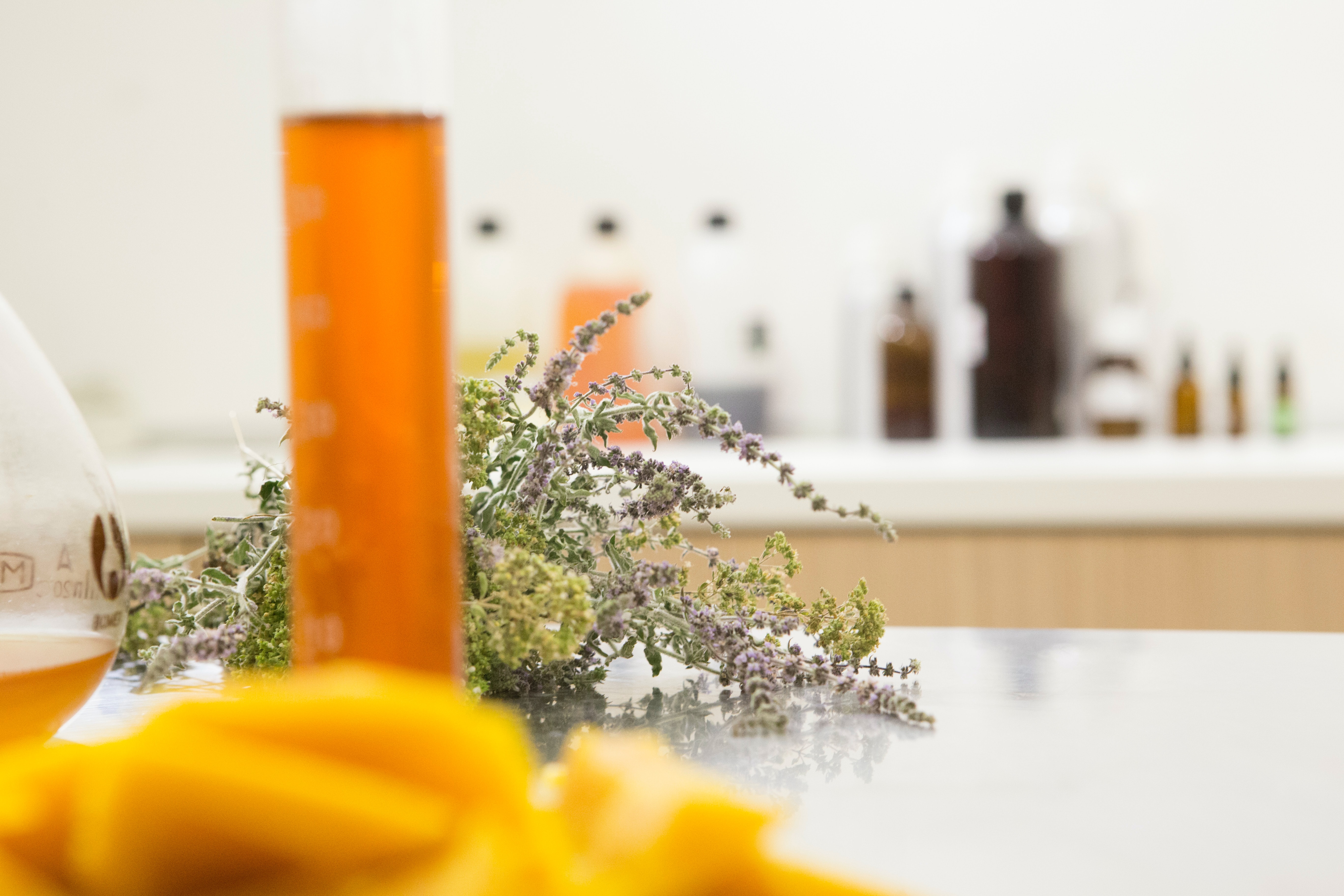April 14, 2022
Global surveillance systems show adverse reactions (ADR) to plant protection products
Life Science
Phytovigilance
Pharmacovigilance

Reports from the various global surveillance systems show that adverse reactions (ADR) to plant protection products and other medicinal plant preparations are not irrelevant.
In Italy alone, from 2008 to 2018, the phytotoxicity system collected 1506 reports of suspected adverse reactions to natural products, 13.7% of which related to pediatric patients. *
In recent years, in fact, the consumption of remedies based on curative plants has become widespread, unfortunately accompanied by the tendency to self-medication, in the mistaken belief that these products are safe precisely because of their natural origin. The result of this conviction is that plant protection products are sometimes proposed to the weakest individuals such as children, pregnant women or the elderly, without real awareness of the risk of adverse reactions, sometimes even serious, or the fact that they may interfere with pre-existing diseases or other ongoing drug therapies.
Herbal remedies are a very diverse group that includes herbal medicines (phytotherapy), food supplements and herbal products. Let’s get some clarity.
Herbal medicines follow the regulations of traditional medicines and are under the control of the Italian Medicines Agency and the European Medicines Agency.
They are herbal therapies whose use is mainly based on tradition with an unproven level of efficacy, but plausible on the basis of a use for at least 30 years, of which at least 15 in the European Community.
For placing on the market, phytovigilance, the main focus of which is risk assessment and monitoring of the incidence of adverse effects (ADR), requires different safety and efficacy requirements depending on whether the plant medicinal product is new, established use or traditional use.
Those of consolidated use shall be herbal medicinal products with a recognised level of efficacy and an acceptable level of safety and, for the purposes of marketing authorisation, use the data in the appropriate scientific literature.
Being therefore herbal medicinal products with a marketing authorisation, they follow the same route of notification as conventional pharmacovigilance medicinal products by filling in the appropriate form, available on the AIFA website, and sending to the Head of Pharmacovigilance of his own structure by e-mail or fax; or following the wizard directly online on the site Vigifarmaco, application of the Italian Drug Agency designed for the reporting via web of adverse reactions to drugs.
Alternatively, the report may be communicated to the Marketing Authorisation Holder (AIC) of the medicinal product suspected to have caused the adverse reaction.
Food supplements and herbal products, on the other hand, are subject to the discipline of food entrusted to the Ministry of Health. The former do not have therapeutic properties but promote the normal physiology of the organism; they are products of free sale and require quality and safety controls peremptory that concern exclusively: heavy metals, pesticides, residual solvents, microbial charge, aflatoxins and radioactivity.
Herbal products are herbal preparations intended for sale only by pharmacies, parapharmacies and herbalists and are also subject to the regulation of food.
For both these products and for galenic preparations based on vegetable drugs and their derivatives (cannabis for medical use), for homeopathic medicinal products without AIC, and the different products of natural origin (preparations of traditional Chinese and Ayurvedic medicine), since 2002, the Istituto Superiore di Sanità has been coordinating a phytovigilance system in collaboration with the AIFA and the Ministry of Health to collect reports of unexpected effects or adverse reactions arising after their intake or administration.
From December 12, 2018, the Vigierbe platform is also active on which you can submit your report online. The site is accessible to all (citizens and health professionals) and does not provide registration for use; in addition it is not necessary to be absolutely certain that the adverse event was caused by the plant-based product, because this evaluation will be made later by a group of experts on the subject. If adverse events of particular interest or severity are reported, they are promptly communicated to the Ministry of Health for the necessary measures.
The value of phytovigilance or the safety of plant products is increasingly taken into account: to date, the main tool for monitoring plant protection products is spontaneous signalling, which necessarily require cultural training both on the part of the “consumer” and on the part of those working in the sector.
* Lombardi N, Crescioli G, et al. “Safety of complementary and alternative medicine in children: A 16-years retrospective analysis of the Italian Phytovigilance system database” 2019;DOI:10.1016/j.phymed.2019.152856.
Scopri di più
Vai al case study